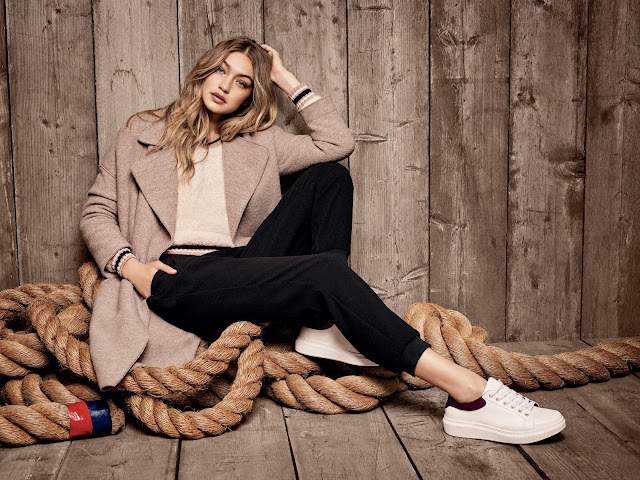A Guide to Stock Wholesale Clothing for Women
In the dynamic world of
retail, the success of a clothing business hinges on the ability to curate an
appealing and diverse inventory. For retailers considering stocking Wholesale Clothing for Women,
navigating the vast and ever-changing landscape of fashion requires careful
consideration and strategic planning.
Understand Market Trends:
The foundation of any
successful retail venture is a keen awareness of current fashion trends. Before
diving into wholesale purchasing, retailers should conduct thorough research to
identify styles, colors, and patterns that resonate with their target
demographic. Whether it's bohemian chic, athleisure, or sustainable fashion,
staying ahead of trends ensures that the inventory remains relevant and
appealing to the ever-evolving tastes of women consumers.
Identify Your Target
Audience:
Women's fashion is
incredibly diverse, and different age groups and lifestyles have distinct
preferences. Retailers must identify and understand their target audience to
curate a collection that resonates with their demographic. Are you catering to
young professionals, mothers, or a niche market with specific style
preferences? Tailoring the inventory to the needs and preferences of the target
audience is key to building a loyal customer base.
Quality Matters:
Quality is a
non-negotiable factor in the world of fashion. Wholesale clothing for women
must not only be stylish but also well-made. Choose suppliers with a reputation
for delivering high-quality garments. This not only ensures customer
satisfaction but also contributes to positive reviews and word-of-mouth
referrals, enhancing the overall brand image. Particularly while stocking Bulk Clothing Wholesale you can’t ignore
quality.
Diversity in Styles and
Sizes:
Women come in all
shapes and sizes, and their fashion choices are equally diverse. Opt for a
wholesale clothing supplier that offers a broad spectrum of styles and sizes to
accommodate various body types and style preferences. Inclusivity in sizing and
styles not only expands the potential customer base but also reflects a
commitment to diversity and body positivity.
Stay Informed About Fabrics:
The choice of fabrics
is a crucial aspect of women's clothing. Different fabrics evoke different
feelings and are suitable for various occasions. Whether it's the comfort of
cotton, the sophistication of silk, or the versatility of denim, understanding
the properties of different fabrics helps in curating a well-rounded inventory.
This knowledge also allows retailers to communicate effectively with suppliers,
ensuring that the selected fabrics meet both quality and style standards.
Consider Seasonal Variations:
Women's fashion is
highly influenced by seasonal changes. Retailers must be attuned to the
seasonal variations in their target market. While winter calls for cozy
sweaters and jackets, summer demands lightweight dresses and breathable
fabrics. Being mindful of seasonal shifts enables retailers to plan their
inventory effectively, preventing overstock or stockouts.
Factor in Pricing and Profit
Margins:
Price points play a
pivotal role in attracting customers and ensuring profitability. Striking the
right balance between competitive pricing and maintaining healthy profit
margins is essential.
Negotiate with
wholesale suppliers for bulk discounts, special offers, or favorable payment
terms to optimize costs. Careful consideration of pricing ensures that the
offerings remain attractive to customers while contributing to the financial sustainability
of the business.
Adaptability and Trend
Forecasting:
The world of fashion is
ever-changing, and successful retailers must be adaptable. Regularly reassess
the inventory based on sales data, customer feedback, and emerging trends. The
ability to forecast trends and make timely adjustments to the collection
ensures that the retail business remains agile and responsive to the dynamic
nature of the fashion industry.
Conclusion
Stocking wholesale
clothing for women requires a combination of market insight, an understanding
of the target audience, a commitment to quality, diversity in styles and sizes,
knowledge of fabrics, consideration of seasonal variations, strategic pricing,
and adaptability.
By carefully navigating
these factors, retailers can curate a compelling collection that not only meets
the needs of their female clientele but also positions their business as a
trendsetter in the competitive world of women's fashion. While stocking Made in Italy Wholesale Clothing you
have to follow a systematic approach.




Comments
Post a Comment